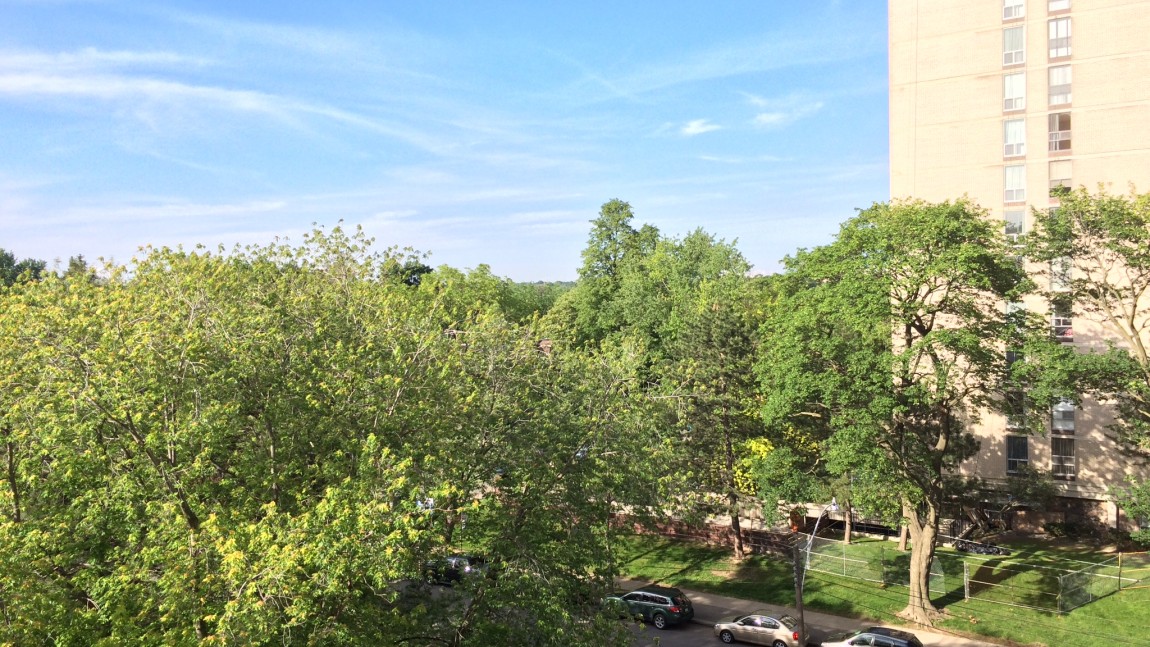The benefits of urban forests on human health are well researched – nature has the capacity to improve mental and physical health. As such, recovery and enhancement of urban forests is beneficial to both public health and forestry professionals. A recent article from the Conservation Finance Network reports that there is immense potential to leverage public health funding to pursue urban forest planting. Urban greenspaces clean and cool the air, promote exercise, and have calming and stress-relieving impacts on those suffering from poor mental health. The benefits are well researched, and make a strong case for the consideration of urban nature as public health infrastructure.
Concrete research is currently underway to help quantify some of the questions that remain a roadblock for standardizing green space as health infrastructure: how much nature is the proper dosage and how exactly is the human body responding to these doses? The answers could help facilitate the use of public health funding for urban nature projects. The Green Heart Project – supported by the University of Louisville School of Medicine, The Nature Conservancy, and the National Institute of Health, will study nature as rigorously as if it were a pharmaceutical. The results of this study could pave the way for the development of financial streams to pursue the co-benefits of urban forests.
To find out more about how public health and green infrastructure can work together, check out the recent news article or The Nature Conservancy’s report “Funding Trees for Health”.

